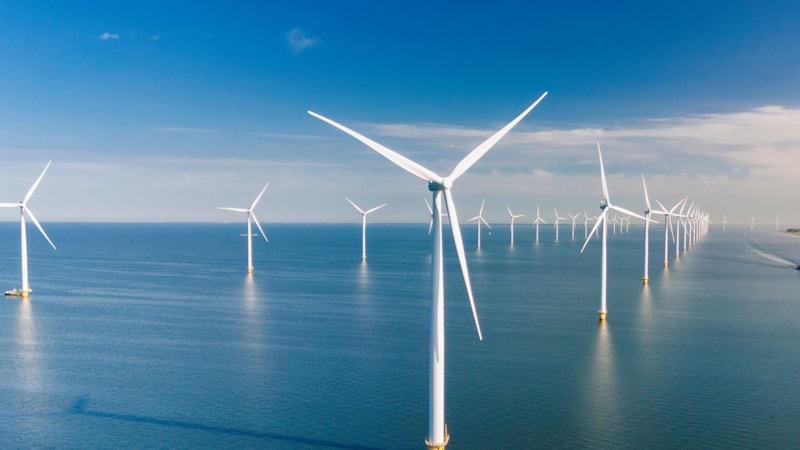Climate and monetary policy
Climate change and the transition to a low-carbon economy affect the Norwegian and global economy and thereby also monetary policy.

Norway is less exposed to extreme weather events than many other countries, but the Norwegian economy is still affected by climate change, particularly through global developments in energy and other commodities prices. In addition, a successful transition requires largely replacing fossil energy sources with renewable sources. Norges Bank therefore closely monitors developments in energy markets.
The transition to more climate-friendly production requires considerable investment in renewable energy and low-emission technology. Such investment may in turn affect prices and activity levels, as well as productivity and the structure of the economy. The transition may also influence prices, for example by increasing emission costs.
Climate considerations are not part of the monetary policy mandate. But climate change and transition affect the economy and therefore have implications for monetary policy trade-offs. For example, more frequent and more extreme weather events may trigger a temporary rise in prices and decline in goods production, so-called negative supply shocks.
The responsibility for reducing emissions rests with the political authorities, who also have the most effective instruments. The policy rate is not a targeted instrument for contributing to the transition.
The most important contribution monetary policy can make to climate transition is to ensure low and stable inflation over time. Low and stable inflation provides a safer environment for making the needed climate-related investments. When inflation is low, it is also easier to distinguish between changes in relative prices and the general rise in prices. The signal from, for example, higher carbon prices is easier to capture. Sufficiently flexible and forward-looking inflation targeting provides room for needed adjustments in relative prices.
In order to increase knowledge regarding the effects of climate-related changes, Norges Bank conducts annual surveys of the effects of climate change and the climate transition on enterprises in the Bank’s Regional Network. Norges Bank also draws from lessons learned by others, and participates actively in international cooperation, for example through the Network for Greening for the Financial system (NGFS), the International Banking Research Network (IBRN), and with the Bank for International Settlements (BIS), the International Monetary Fund (IMF) and other central banks.
More about this topic
Norges Bank's Monetary Policy Handbook